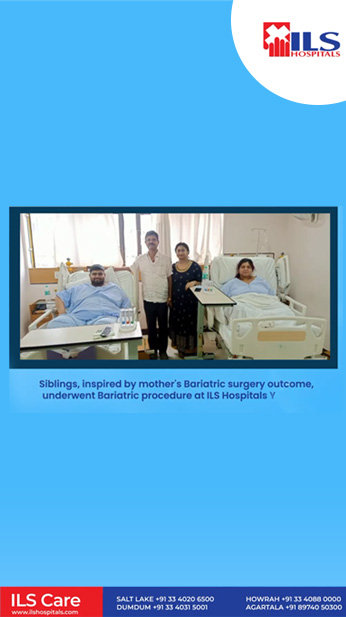Mastering Precision: A Comprehensive Guide to PCNL at ILS Hospitals
In the dynamic landscape of urology, staying abreast of cutting-edge technologies is crucial for providing optimal patient care. Percutaneous Nephrolithotomy (PCNL) is one such revolutionary procedure offered at ILS Hospitals, representing a milestone in the treatment of complex kidney stones. This minimally invasive technique has transformed the management of renal calculi, offering patients a swift and effective solution.
Unveiling PCNL: What is it?
Percutaneous Nephrolithotomy (PCNL) is a state-of-the-art urological procedure designed to remove large kidney stones through a small incision in the back. This minimally invasive approach significantly reduces the need for open surgery, allowing for faster recovery and less postoperative discomfort.
Conditions Treated with PCNL:
- Large Kidney Stones:
- PCNL is particularly effective in addressing large or complex kidney stones that may not be suitable for less invasive treatments like shock wave lithotripsy (SWL) or ureteroscopy.
- Staghorn Calculi:
- Staghorn calculi, which extend into multiple branches of the kidney, can be challenging to manage. PCNL provides a comprehensive solution by allowing direct access to these complex stone formations.
- Kidney Anomalies:
- In cases where anatomical anomalies make other treatments impractical, PCNL’s versatility enables urologists to navigate and address stones regardless of the kidney’s unique structure.
The PCNL Procedure:
- Preoperative Evaluation: Patients undergo a thorough preoperative assessment, including imaging studies, to precisely locate and evaluate the size and composition of the kidney stones.
- Anaesthesia: PCNL is typically performed under general anaesthesia, ensuring patient comfort throughout the procedure.
- Access to Kidney: A small incision is made in the patient’s back, creating a pathway to the kidney. This access point is carefully chosen to optimize stone removal.
- Guidewire Insertion: A guidewire is inserted through the access point and guided into the kidney under fluoroscopy or ultrasound guidance.
- Dilation of Tract: The access tract is gradually dilated to create a passage for the nephroscope, a tube-like instrument equipped with a camera and laser or pneumatic lithotripter.
- Stone Fragmentation and Removal: Using advanced technology, such as laser or pneumatic energy, large kidney stones are fragmented into smaller, more manageable pieces and extracted through the nephroscope.
- Post-Procedure Care: Following PCNL, patients are monitored closely for a brief period before being transferred to postoperative care. They receive instructions on postoperative care, including pain management and hydration.
Advantages of PCNL at ILS Hospitals:
- Minimally Invasive: PCNL minimizes the need for large incisions, reducing trauma to surrounding tissues and expediting the recovery process.
- Effective Stone Removal: PCNL is highly effective in addressing large or complex kidney stones that may be challenging to manage with other methods.
- Reduced Hospital Stay: Compared to traditional open surgeries, PCNL often results in a shorter hospital stay, allowing patients to resume normal activities sooner.
Percutaneous Nephrolithotomy (PCNL) exemplifies the commitment of ILS Hospitals to advancing urological care. This sophisticated procedure offers a transformative solution for patients dealing with complex kidney stones, ensuring precision, minimal invasiveness, and optimal outcomes. If you or a loved one is grappling with large kidney stones or complex renal calculi, consider consulting our expert urologists at ILS Hospitals to explore personalized and innovative treatment options, including the advanced PCNL procedure.































